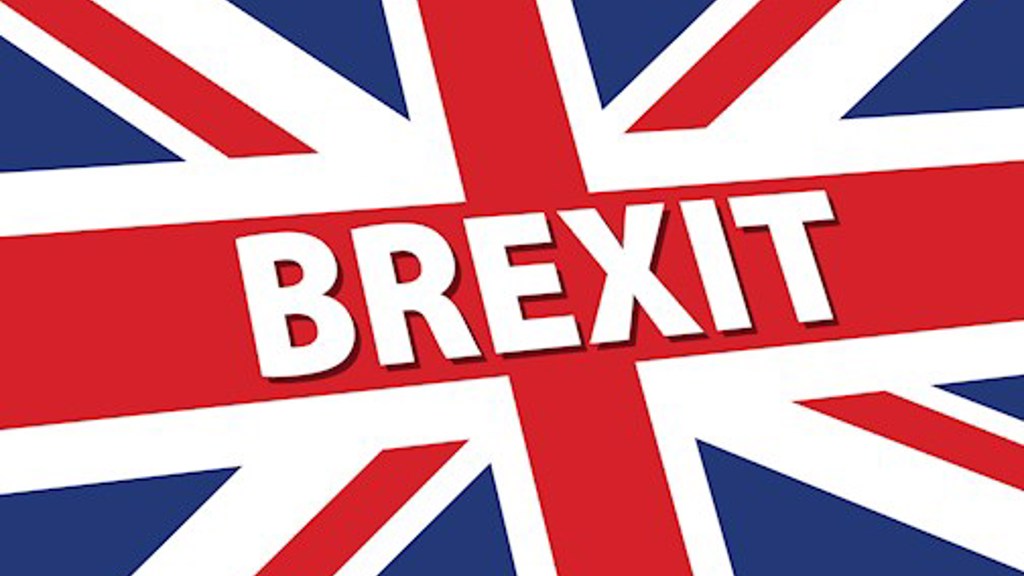
Faroese fisheries and trade are particularly likely to be affected by Britain leaving the European Union. The Faroese Government wants to ensure a close future relationship both with the UK and the EU after Brexit becomes a reality.
Britain moved one step closer to exiting the EU when British Prime Minister Theresa May triggered Article 50 on 29 March. Brexit has several implications for the Faroe Islands and, in particular, future relations in trade and fisheries.
The Faroese Government appointed a Brexit task group as soon as the result of the UK referendum became clear in June last year. The group, which includes the Faroese representatives in London and Brussels, assesses the impacts of Brexit and works to ensure Faroese interests.
Poul Michelsen, the Minister of Foreign Affairs and Trade, said: “The Faroese Government is preparing for the new reality. We will work to protect Faroese interests in the aftermath of Brexit. The United Kingdom and the European Union will continue to be amongst our most important partners.”
Strong historical ties to the UK
The Faroe Islands have strong historical ties to the UK and were the third largest exporter of fish to Britain only a few years ago. Despite a decline in exports more recently, the UK remains one of the most important markets for Faroese seafood exports. A new trade agreement with the UK to ensure future exports is therefore a priority of the Faroese government.
Reciprocal access for fisheries is agreed between the Faroes and the EU in the annual bilateral fisheries agreement, with Faroese vessels operating largely in British and Irish waters. The Faroese Government will seek to come to an agreement with the UK over fisheries, while the current arrangement with the EU will likely be revised.
Similarly, the Faroese Government is preparing for the UK’s increased role in negotiations between the coastal states, particularly concerning the allocation of the mackerel and blue whiting stocks.
Other areas which could be affected by Brexit include research and education. The Faroe Islands are associated to the EU’s Horizon 2020 - the Framework Programme for Research and Innovation (2014-2020). Many of the research projects in which Faroese researchers participate with funding from Horizon 2020 are in close collaboration with British researchers and institutions.
Many Faroese students also choose to study at British universities, where they classify as equivalent to EU and EEA citizens. As with EU nationals in the UK, the status of their future access to higher education in the UK remains uncertain.
